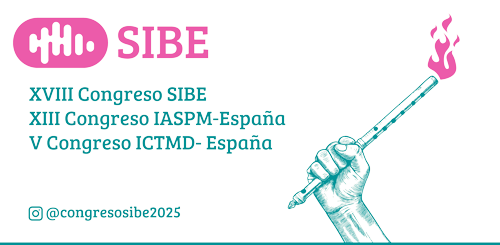Dictatorship began in Portugal with the military coup of 1926. Six years later, Salazar was appointed Prime Minister establishing the ideological principles of the so-called Estado Novo with the approval of a fascist constitution, based in the action of various persecutory mechanisms such as press and live shows censorship and the action of the political police. In 1968, Caetano replaced Salazar in the government. The easing of the regime hoped by the population never came and the dictatorship was only over with the military Revolution of April 25, 1974. In May 1969, three well-stablished television hosts created the first talk-show on Portuguese television: Zip-Zip – a weekly TV show broadcasted from a theatre with live audience. They invited a university student who knew the clandestine circle of singer-songwriters to choose Zip-Zip's music performances. For the first time ever, these musicians could perform for a wider audience. Hidden by metaphors, songs displayed a set of ideals against the fascist regime and the Colonial War in Africa. However, the harsh censorship – that censored the song's lyrics and the show before it was broadcast – was decisive for the end of Zip-Zip seven months later. In the public broadcaster archives, just a few Zip-Zip snippets left, but it continued its action through a record label working until the mid-70s. Even today, Zip-Zip is part of the Portuguese collective memory as milestone for the antifascist movement. It is the program that brought two live hours to a television that was dead.
This paper will demonstrate how music was a powerful tool for the Portuguese antifascist movements. My goal is to show how a set of different stakeholders bypassed the fascist persecutory mechanisms and how they used the public broadcaster to convey, through music, ideas that lead to the Carnation Revolution and the end of one of Europe's longest-lasting dictatorships.

 PDF version
PDF version
